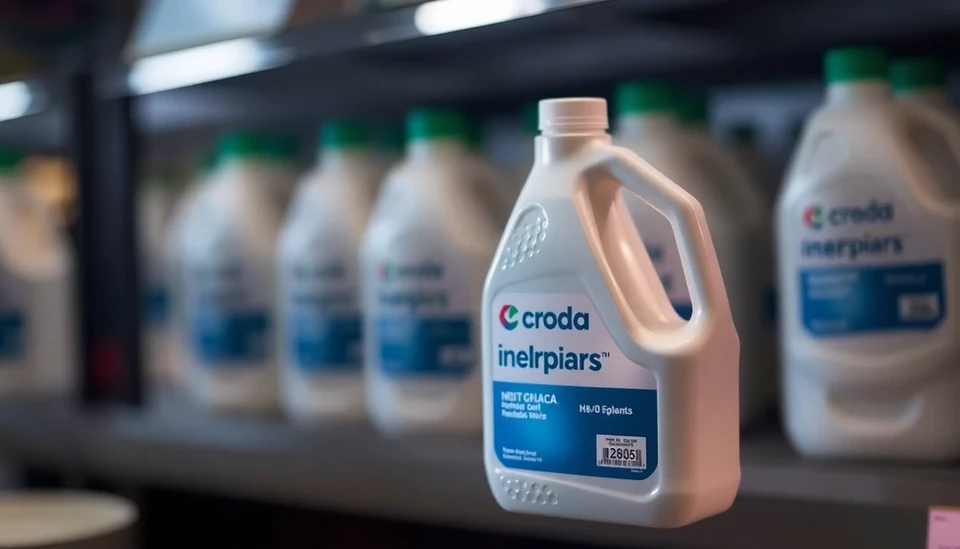
In a significant move reflecting the ongoing economic pressures, UK-based chemicals supplier Croda has announced its intention to introduce a tariff surcharge on its products. This decision comes in response to the soaring costs of raw materials and other operational expenses that have been exacerbated by geopolitical tensions and supply chain disruptions.
The surcharge, which will apply to various product categories, aims to help the company offset the increased costs that have impacted its margins over the past months. A spokesperson for Croda stated that the adjustment is necessary to sustain their business model and ensure the continuity of supply to their customers, particularly in challenging market conditions.
Analysts have noted that Croda's decision to implement this surcharge is a barometer for the chemical industry as a whole, which has been grappling with rising prices and supply chain issues since the onset of the pandemic and subsequent global conflicts. The company, known for its innovative solutions in consumer care, health care, and industrial sectors, is not alone in facing these challenges, as many suppliers are experiencing similar instabilities.
Despite these difficulties, Croda remains committed to its sustainability initiatives, which have become a core part of their strategy. The company has been investing in greener production methods and alternative sourcing strategies, but these efforts come at a cost. With the new surcharge, Croda hopes to stabilize its operations while continuing to pursue environmentally-friendly practices.
Market watchers are keenly observing how this move will affect Croda's relationships with its clients and its competitive positioning in the marketplace. Some companies may seek alternative suppliers in response to the surcharge, potentially disrupting existing contracts and alliances within the sector. Conversely, loyal customers might accept the increased costs if they perceive added value in Croda's products.
As the chemicals industry continues to navigate a complex landscape of economic uncertainty, Croda's strategy illustrates the often difficult balance between maintaining profitability and prioritizing customer relations amidst rising operational costs. The company is expected to communicate this change to its customers in the coming days, detailing how the surcharge will affect pricing structures moving forward.
With Tariff Surcharge set to take effect soon, industry experts predict that Croda's actions may set a precedent for other suppliers who face similar challenges. The ripple effects from this decision will be closely monitored by stakeholders and competitors alike, as they prepare for an uncertain future in the chemicals market.
In summary, Croda's introduction of a tariff surcharge highlights the ongoing volatility in the global chemicals landscape. As costs rise and supply chain issues persist, companies across the sector may need to follow suit to remain viable, reshaping the competitive dynamics in this crucial industry.
#Croda #ChemicalIndustry #TariffSurcharge #SupplyChain #Sustainability #EconomicPressures
Author: Samuel Brooks




